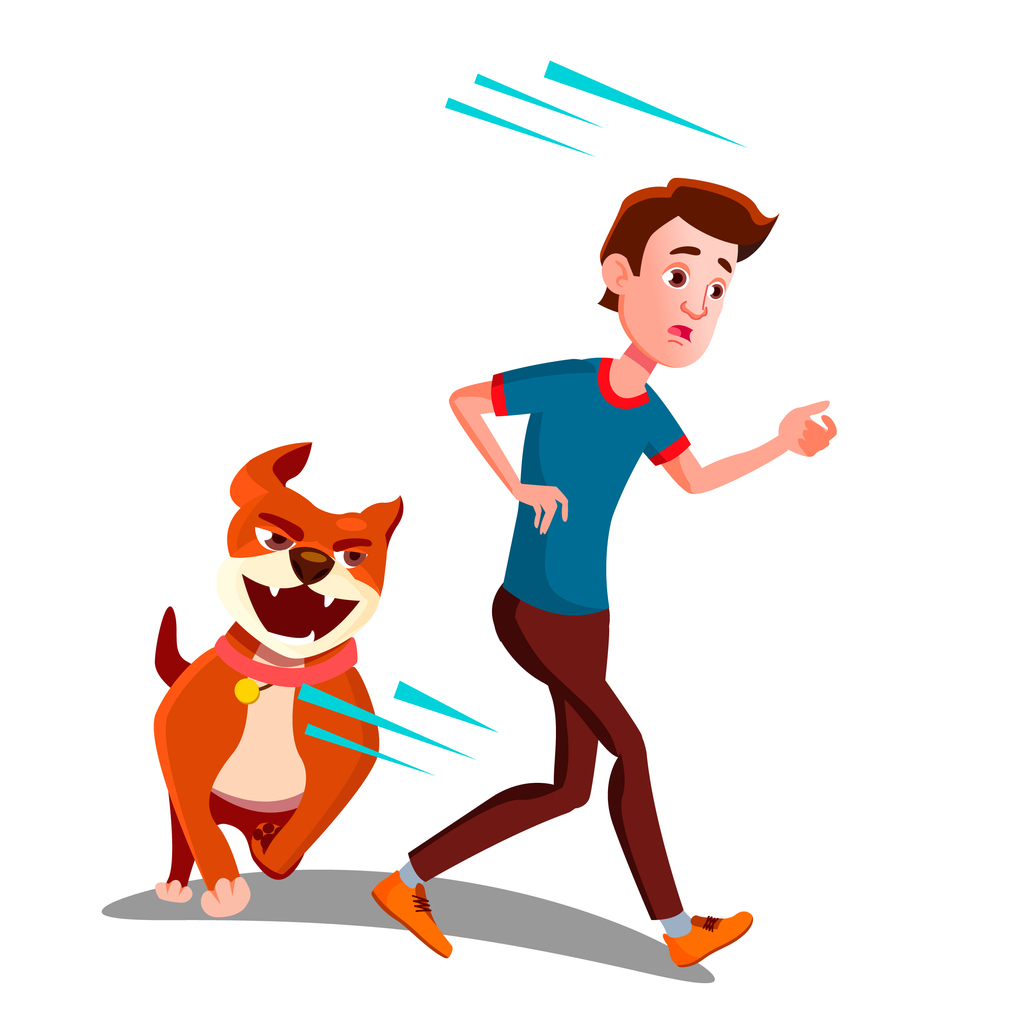
I have been reflecting on the idea of turning your back to someone. As body language goes, I have never appreciated someone who turns their back on me when I am upset, angry or desiring their attention. I feel instantly disrespected. I will not lie. I want to push them from behind. I have not, at least in my adult life, followed through with this behavior, but the thought crosses my mind. However, body language is subjective. Perhaps they are turning their back because they feel hurt, shame, guilt, disgust and simply cannot face me anymore. But that is me thinking while I am currently not escalated or in crisis. If I am in a state of escalation or crisis, someone turning their back to me would not cause me to de-escalate but probably escalate further.
When I was younger, a stray dog followed me to school. Prior to school starting, my friends and I played on the playground and were having a great time playing with the dog. The dog was playful and seemed to be having fun as well. The school bell rang. I turned to run to the building and the dog ran after me, dragged me down to the ground and proceeded to bite me. My dad later told me that if I hadn’t turned my back and ran, the dog would probably not have attacked me. Subsequently, I felt lots of guilt because the dog was put down for attacking a child and I felt it was my fault. However, from that point forward, I have not turned my back on any dog that I feel may be a threat.
In our advanced course we have a few “never” statements and one is “never turn your back”. I think that is a good rule. If I have to leave because perhaps, I am someone’s stimulus, I should do so by backing out. It is less likely to invoke a feeling of disrespect in the person with who I was working. It is part of evaluating my environment and knowing when it is safe to turn my back. If you work in an environment where people become aggressive or violent, be aware of your positioning and distance from anyone who potentially would want to hurt you and don’t turn your back to them.
Much of my adult life I have worked in environments were people could potentially hurt themselves or me. In life I adopted the first couple lines from the Blue Oyster Cult song entitled Don’t Turn Your Back.
“Don’t turn your back, danger surrounds you. Don’t turn your back to the dogs who hound you.”
Unless you are Olympic sprinter fast, don’t turn your back on someone who is potentially dangerous (or a dog). Use the team approach, ask for help and if you need to leave…. back out.
Tim Geels – SVP of Instruction and Corporate Implementation



